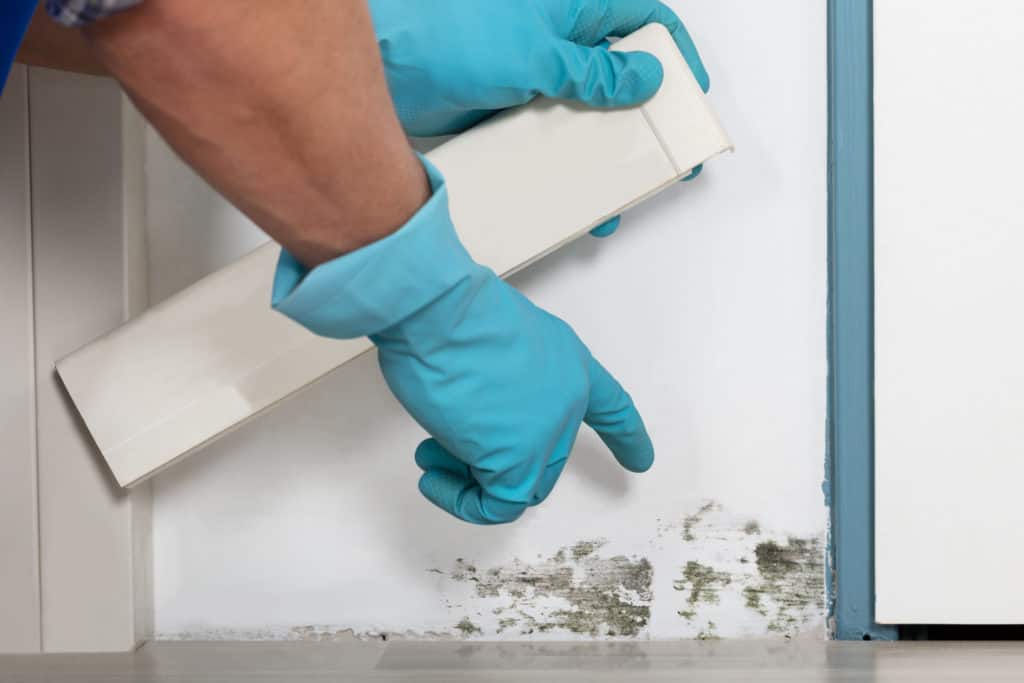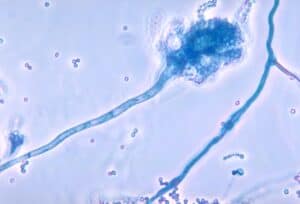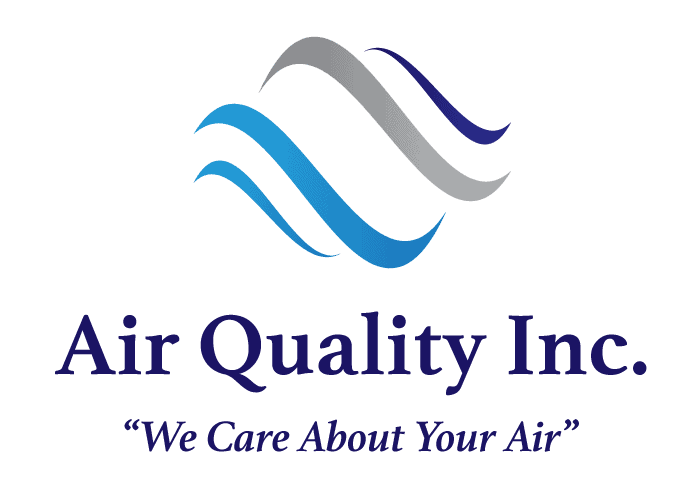None of us enjoy being sick, and, especially during this Covid-19 pandemic, experiencing excessive sneezing, having a stuffy nose, and an itchy throat could be alarming. However, these symptoms aren’t always necessarily related to catching a cold or virus.
Indoor pollutants could be blamed for those annoying minor symptoms in most cases. The culprit could be mold that’s growing somewhere in your home, and it could even be growing behind your walls. But how can you be sure you’re suffering from the adverse effects of mold inside your home?
Signs That Mold Might Be Growing Behind Your Walls
The symptoms mentioned above could be the result of several causes, but it’s essential to keep an eye out for these additional factors:
- More severe symptoms. If you’re dealing with mold, the discomfort you feel will get worse, and you could experience headaches and problems with your breathing.
- Symptoms that disappear. Pay attention to how consistent your symptoms are, no matter how minor they seem. If the symptoms seem to get better or disappear when you leave your house, something at home is to blame.
- Subtle odor. Mold can lead to a weird odor that you smell but don’t see.
Walls that appear to be wet could eventually show stains or base molding, which will indicate that you have a problem with mold. Unfortunately, these signs could mean that your mold problem is pretty advanced.
How to Check For Mold Behind The Walls
When you’ve corroborated your suspicions of mold, then it’s time to resolve the problem. But, unfortunately, many homeowners decide to check out the mold problem themselves. For instance, they might attempt to use a screwdriver or sharp tool to probe the areas believed to be affected. Others might look up information on removing a piece of the wall to see to what extent the mold has spread.
But keep in mind that this isn’t recommended unless you have experience dealing with mold. Some of the dangers you face by doing this project yourself include:
- Increase the risk of respiratory problems. By exposing yourself directly to mold spores, you increase the risk of problems breathing and some of the other symptoms you’ve experienced.
- Spreading the mold. If your mold issues haven’t spread past a certain point, you can promote the spread to other parts of your home by exposing it without taking the necessary precautions. Mold spores can sneak their way out of the opening you’ve made in the wall and make your problems worse.
- Other contaminants. Mold isn’t likely to be an issue in new homes unless there has been water damage. However, if you own an old house, you want to consider when it was built to anticipate if lead paint or asbestos was used.
A Job Better Left to The Professionals
The dangers associated with trying to resolve mold issues yourself allow you to understand why you should contact the mold experts at Air Quality Inc. We have been certified, licensed, and insured since 1991 to test air and water quality in the Richmond and Virginia Beach communities.
If you believe you have a mold problem, contact us today to schedule your toxic mold test.




